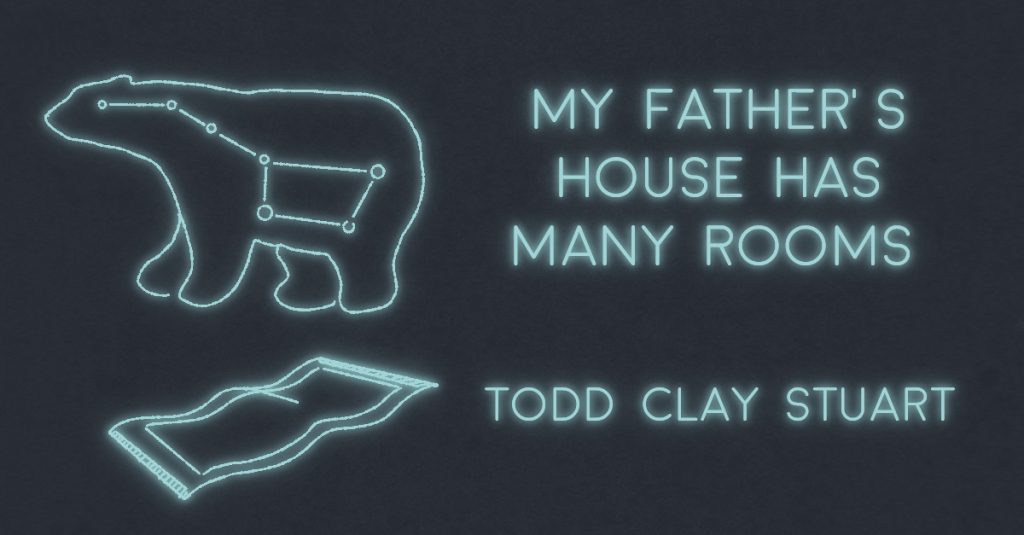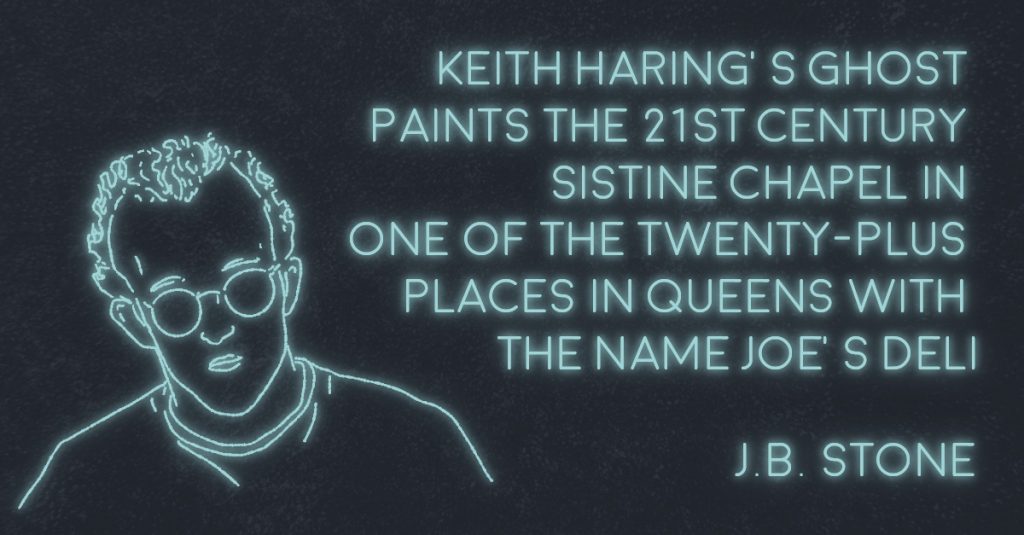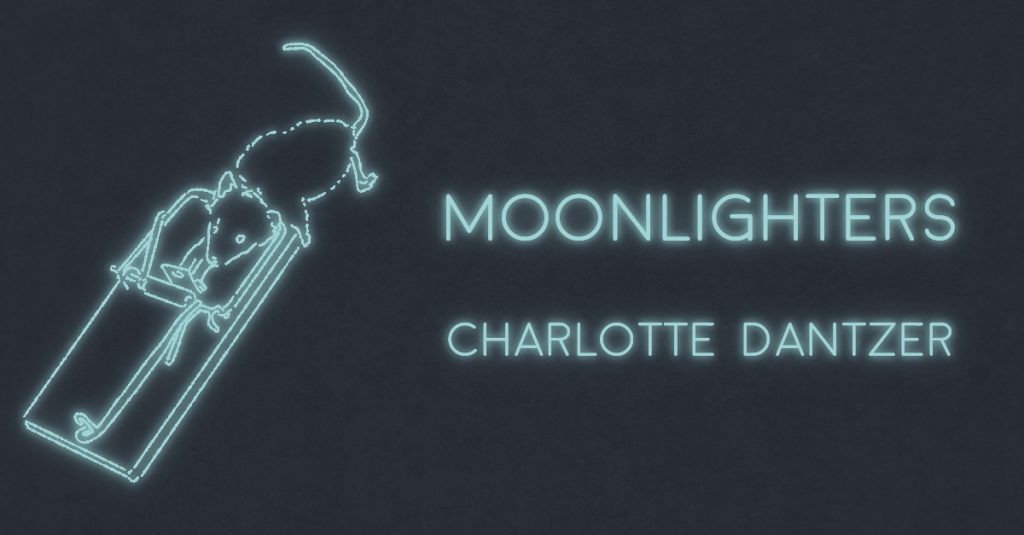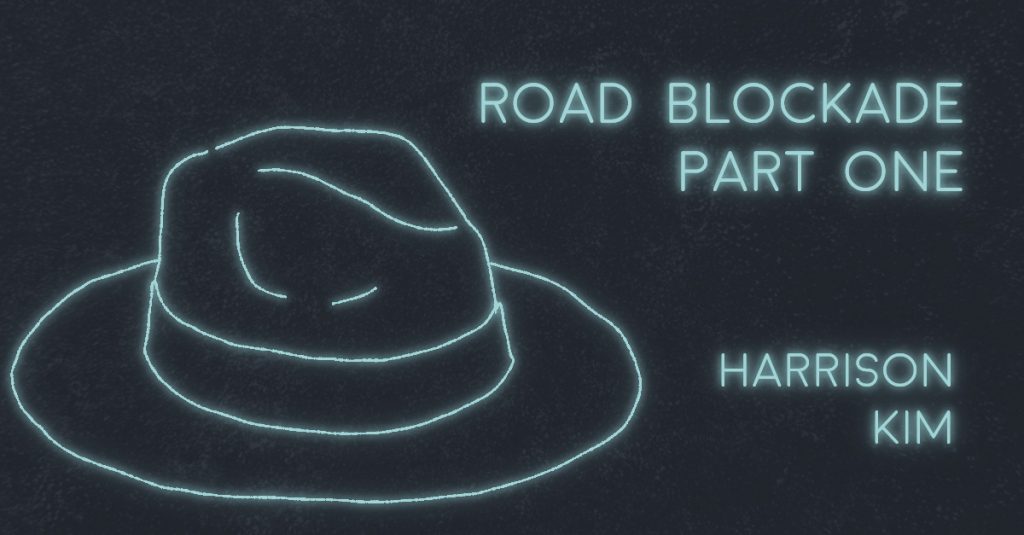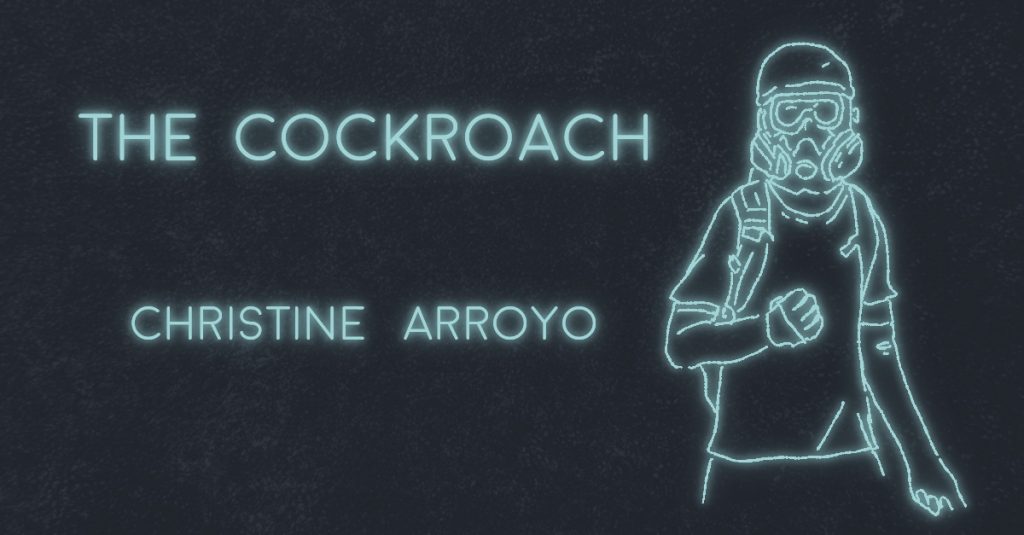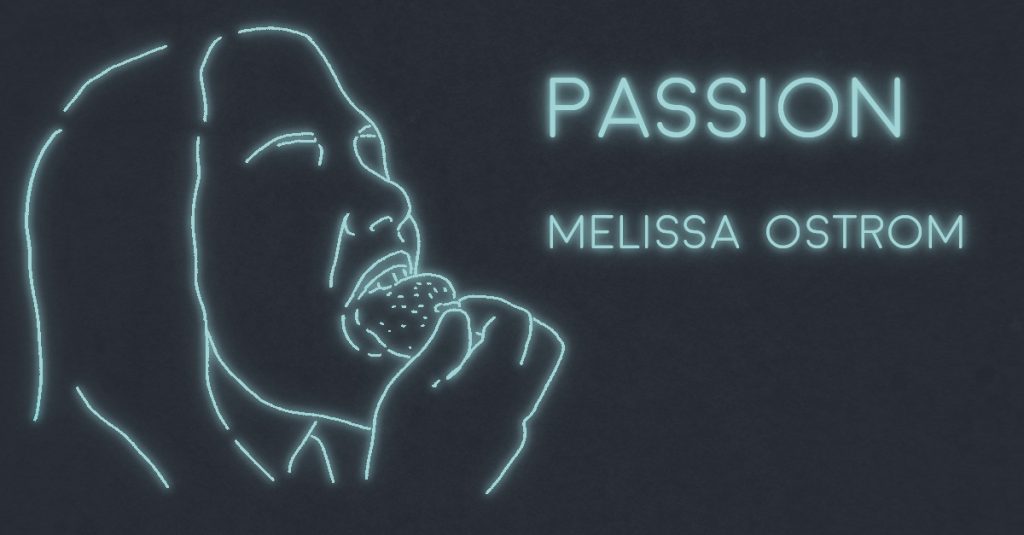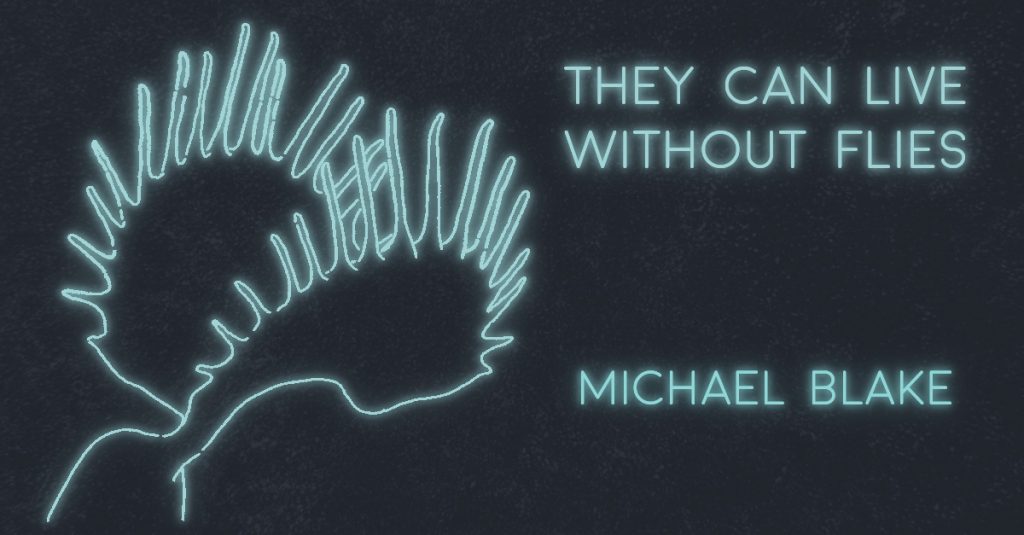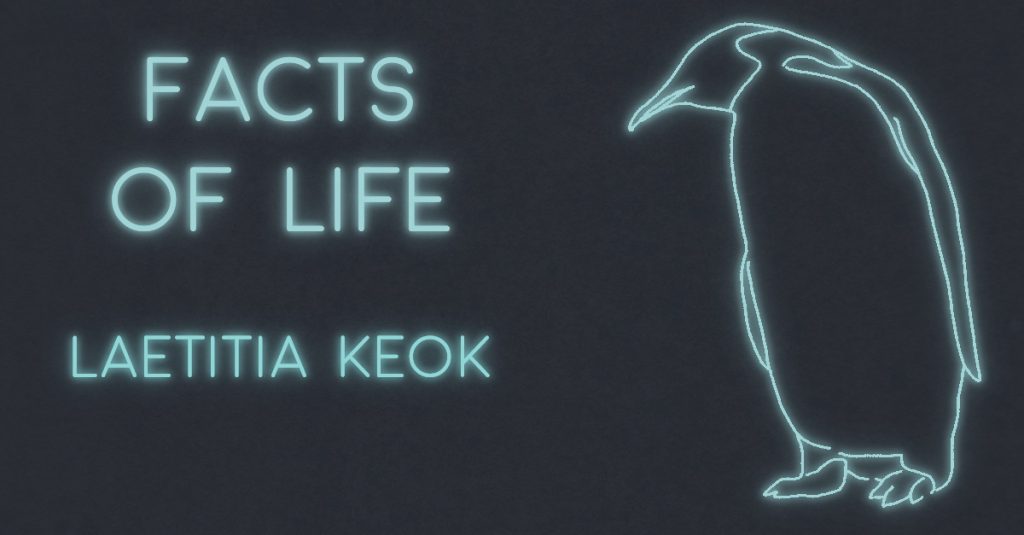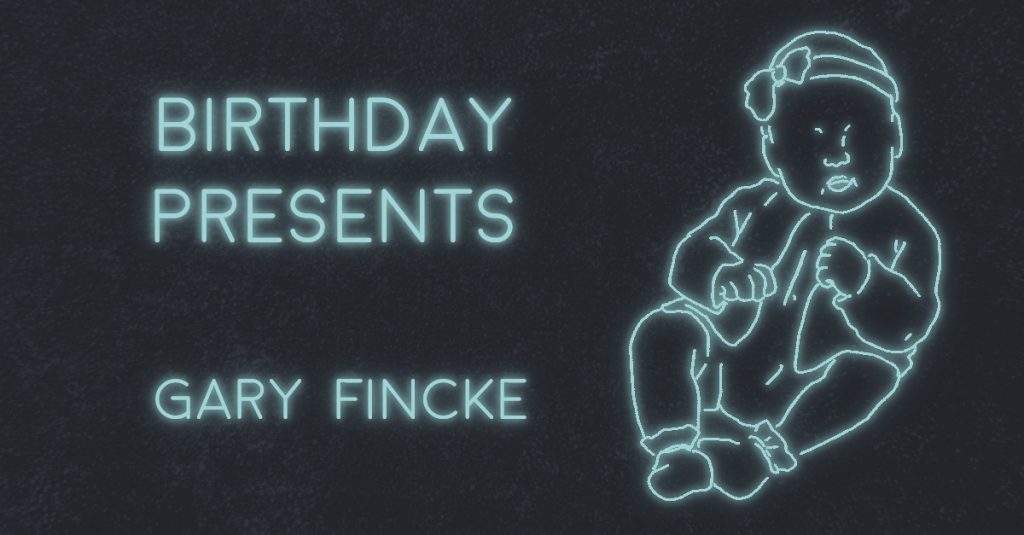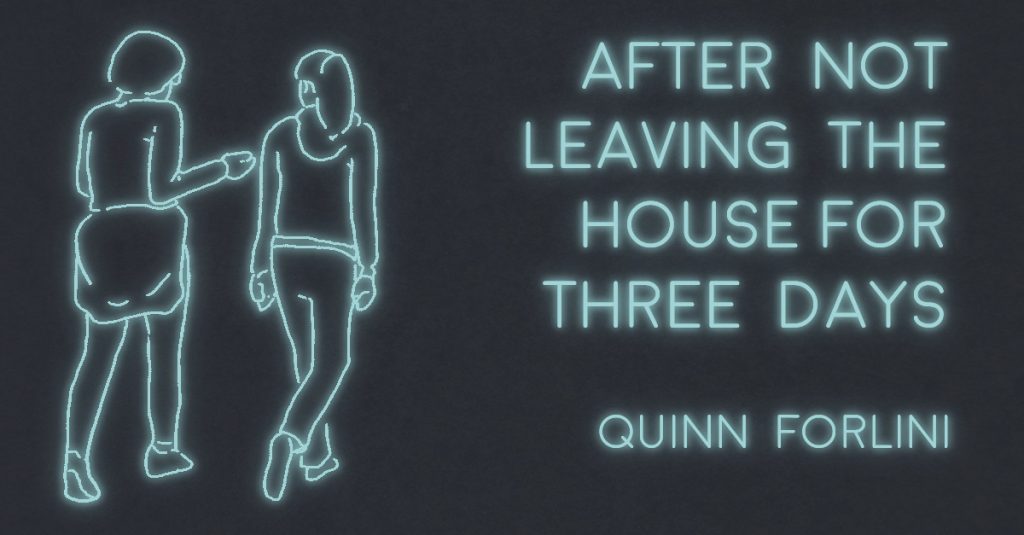Passion turned thirteen in the middle of July, and when the first light of this day, this special day, woke her and sweetened the darkness like milk stirred into coffee, Passion divided like a cell, turned into two Passions, a watching Passion, a watched Passion. Passion sensed Passion, keenly and with great interest. Herself. Her self. Passion thought, Here curls Passion on her side, under a worn sheet, her gaze turned to the paling window. The curve of her hip is slight. The arm hugging the pillow is slim. And there rises the sun. Pay attention, Passion, Passion ordered. Smell…
